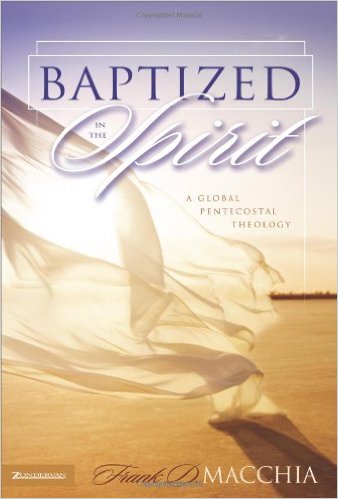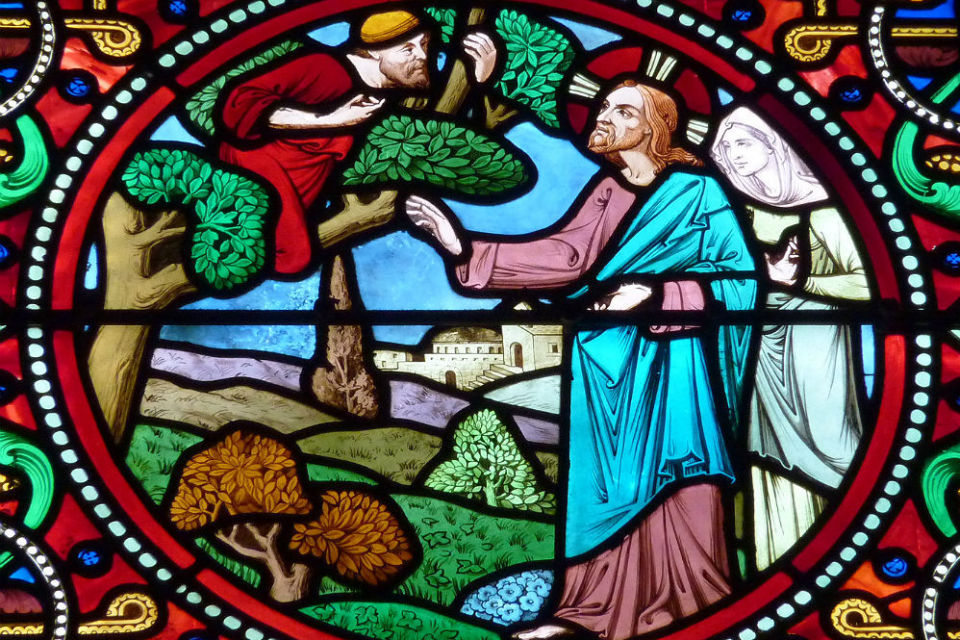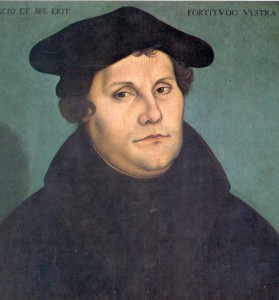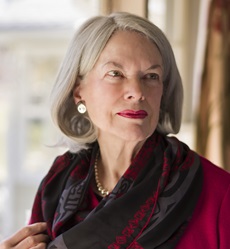 Macchia, Frank D., Baptized in the Spirit:
Macchia, Frank D., Baptized in the Spirit:
A Global Pentecostal Theology
(Grand Rapids: Zondervan, 2006), 296pp.
ISBN: 13: 978-0-310-25236-8
Frank Macchia argues that although the Pentecostal emphasis on the Baptism with the Holy Spirit has been marginalised in recent Pentecostal theological reflection, it remains “the crown jewel of Pentecostal distinctives” (20). Nevertheless Pentecostal articulation of the doctrine has remained too narrow, disconnected from the broader contexts of theological and ecumenical reflection. Macchia aims, therefore, to expand the parameters of the doctrine, and to use the biblical metaphor as a lens through which to understand the broader pneumatological vision of Scripture.
Baptized in the Spirit is not a systematic theology in the proper sense of the term, nor an examination of the theology of the Pentecostal movements. Rather, it engages with particular theological loci using Spirit baptism as a starting point and organising motif. The first two chapters provide an orientation and rationale for the study. Macchia identifies four primary reasons for the marginalisation of the doctrine in recent Pentecostal theology. He affirms the Pentecostal desire for the pneumatological renewal of the church, and the understanding of Spirit baptism as an experiential, empowering reality in the lives of individual Christians and churches.
Macchia is clear, however, that Spirit baptism is much more than a singular event in these lives and churches. In its biblical and theological contexts Spirit baptism is a richly textured concept with trinitarian and eschatological dimensions. It refers to the original outpouring of the Spirit by the ascended Spirit-baptizer on the day of Pentecost, by which the triune God redeems a lost world, entering into fellowship and solidarity with it. It refers also to the final eschatological outpouring in which the Spirit is poured out upon all flesh such that the renewed cosmos becomes the dwelling place of God. It is the work of divine grace preceding water baptism that opens and prepares a human life for the reality of God. It speaks, too, of ongoing and subsequent experiences of the Spirit’s presence and power in the lives of individual Christians and churches. Macchia explores these aspects of Spirit baptism in the following chapters, which address Spirit baptism in relation to Christian initiation, Spirit baptism in trinitarian perspective, and Spirit-baptised ecclesiology.
Perhaps the most significant move Macchia makes is to link Spirit baptism with the idea of the kingdom of God, thus providing the doctrine with a powerful eschatological orientation. Just as the metaphor of the Baptism of the Holy Spirit fills out the concept of the kingdom of God, so the idea of the kingdom extends the vision and function of Spirit baptism. Ultimately, the two concepts are co-extensive for Macchia, with the character of the kingdom being understood in christological and pneumatological terms.
Decisively inaugurated in the life, death, and resurrection of Jesus, the kingdom of God becomes a dynamic within history through the outpouring of the Spirit that is directed toward the divine indwelling of all of creation so that all things might be conformed to Christ’s image. … This dynamism has its roots in the fact that the kingdom has to do, not with a place, but rather with life, the life of the Spirit of God (Matt. 12:28; Rom. 14:17), opening up the creation to new possibilities of renewal and hope. The life of the kingdom is the life of the Spirit in which God’s reign actively conquers the dark forces and liberates lives to new hope. It is thus not only a divine attribute but the participation of the creature by God’s grace in the divine nature. Accordingly, it is not primarily about religion but about a life in God, filled with the fruit of the Spirit and dedicated to God’s righteousness on earth (97).
Another significant move concerns Macchia’s understanding of the nature of Spirit baptism, which he characterises as God’s self-gift of all-embracing love.
All of the fractures that have plagued the Pentecostal theology of Spirit baptism can be healed ultimately by an understanding of love as the substance of life in the Spirit, love that fills us to overflowing as a purgative, empowering, eschatological gift of communion and new life (260, emended slightly).
Spirit-baptism is fundamentally a relational event which issues in the creation of the church as a new community with renewed human sociality. Indeed, the Spirit is “the ecclesial Spirit” and Spirit baptism is baptism into an ecclesial dynamic (167). The church is to echo and embody the relationality and open hospitality of the holy Trinity.
The Spirit is the Spirit of communion. Spirit baptism implies communion. This is why it leads to a shared love, a shared meal, a shared mission, and the proliferation/enhancement of an interactive charismatic life. Spirit baptism thus implies a relationship of unity between the Lord and the church that is not fundamentally one of identity but rather communion. … Spirit baptism has a relational structure that has communion at its essence, the communion of self-giving love (156-157, 160).
Macchia makes the implications of this quite clear:
The self-giving God of Spirit baptism produces a self-giving people in mission. The God who seeks to save the lost produces a people who do the same. To love God is to be shaped by that love so as to share its affections and passions (264).
The love which shapes the life of the Spirit-baptised includes both love for God and love for others. Perhaps pre-eminently, it is an experience of the love that God has for us: “the love of God is poured out into our hearts by the Holy Spirit” (Romans 5:5)—a verse cited by Macchia more often than any other, including Matthew 12:28, 1 Corinthians 12:13, Acts 1:8 or Acts 2:4.
This focus on Spirit-baptism in terms of divine love can save the Pentecostal church from forms of triumphalism that neglect the reality of suffering and the necessity of solidarity with and ministry on behalf of those who suffer. The power with which the church is endued is the power of love manifest and made known in the suffering love of Christ. “Spirit baptism as an experience of empowerment is not just renewed energy to do things for God. It is rather the power of self-transcending, self-giving love” (281). The tongues of Pentecost were “a broken speech for a broken body of Christ till perfection comes” (281). Understood in terms of love, Spirit-baptism can become an ongoing and repeated experience in which believers are caught up ever and again into the love of God. If this understanding is correct, then Spirit-baptism may also function as a continual source of renewal for the church.
In my estimation Macchia has successfully expanded the boundaries and understanding of Pentecostalism’s “crown jewel,” and in so doing has made a welcome contribution to Pentecostal and ecumenical theology. While I am not yet convinced that the biblical metaphor of Spirit baptism can function as the organising principle of a comprehensive systematic theology, Macchia has demonstrated that it may shine new light on old doctrines.
Macchia’s Pentecostal roots are clearly displayed in the biblical orientation of his work; hardly a paragraph goes by without a biblical reference. Nevertheless, his most prominent interlocutors are not other Pentecostals (although they are not ignored), but Moltmann, Volf, Küng, and documents of ecumenical consultations. His work represents a considered attempt to draw Pentecostal theology from the margins toward the centre of the ecumenical theological enterprise. In the process some aspects of the classical Pentecostal doctrine are sacrificed. There is no discussion of the gift of tongues as a devotional practice, let alone as “the initial evidence” (though see pp. 212 and 281), although it does symbolise the unity of the church in the midst of its increasing diversification. Whereas classic Pentecostals insist that the Baptism with the Holy Spirit is separate from and subsequent to conversion, Macchia insists that no separation is possible, although he does keep a form of subsequence, whether in terms of the believer’s experience of the Spirit’s presence, or as ongoing experiences of the Spirit’s “coming” throughout the Christian life. It is surely no accident that the final climatic section of the book is titled “Spirit Baptism as Love’s ‘Second Conversion’” (280).
I do not want us to lose our emphasis on the experience of the baptism in the Holy Spirit as something that Christians should expect in the life of faith at some point during or after their acceptance of Christ as Lord and as an ongoing experience of charismatic enrichment. The experience of the baptism in the Holy Spirit can be a renewal of faith, hope, and love as well as an enhancement of power for mission. It is an enhancement of our conversion to Christ but also a “second conversion” that turns us in Christ’s love toward the world in prayer for its renewal and in our participation in God’s mission. … The Pentecostals ask us to experience a foretaste of that glory in the here and now as a force for renewal in the Christian life and the life of the church. I think we should listen (282, original emphasis).
 Going to church can be a bit of a challenge, especially for those not used to the practice. The environment is unfamiliar, as are the people, and what goes on. Even those who attend regularly can find it a challenge, for a variety of reasons.
Going to church can be a bit of a challenge, especially for those not used to the practice. The environment is unfamiliar, as are the people, and what goes on. Even those who attend regularly can find it a challenge, for a variety of reasons.



